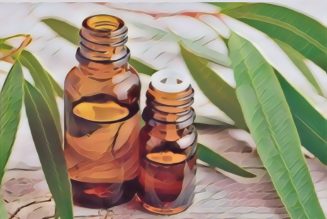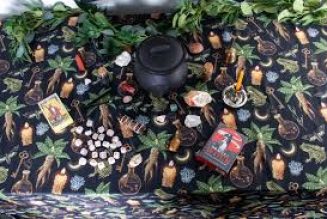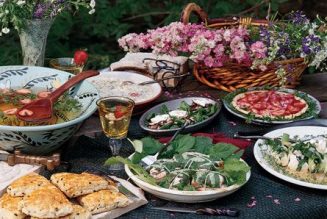Pimpinella anisum, the plant that produces anise seed, is a delicate annual herb native to the eastern Mediterranean and Southwest Asia. It typically grows to a height of 18 to 24 inches, featuring slender, grooved stems and feathery, bright green leaves. The lower leaves are broad and lobed, while the upper leaves are finely divided and resemble ferns. In midsummer, the plant develops clusters of tiny, white, star-shaped flowers arranged in umbrella-like umbels. These flowers produce small, ridged, oval seeds known as anise seeds, which are greenish-brown when fresh and become grayish as they dry. Anise grows best in well-drained, fertile soil and full sun, favoring warm climates similar to its native regions. The seeds have a sweet, licorice-like aroma and are used in both culinary and magical contexts.
Anise has been present in witchcraft and herbalism for centuries. Ancient civilizations such as the Egyptians and Greeks documented its properties. In medieval Europe, anise was included in protective charms and amulets, believed to guard against the evil eye and negative energies. Historical sources also associate anise seeds with the enhancement of psychic abilities, and they were used by seers and oracles.
In contemporary witchcraft, anise is frequently used in rituals focused on protection and purification. Sprinkling anise seeds around a space is described as a method for cleansing negative energies. Burning anise incense during meditation or divination is associated with increased psychic awareness and clarity. Anise seeds are also included in protective charm bags and spell jars, often combined with other herbs and crystals.
Folklore about anise includes accounts of its use in magical applications. Placing anise seeds under a pillow is said to prevent nightmares and promote restful sleep. In some traditions, anise is used in love spells to attract a partner or strengthen relationships. The herb’s aroma and associations with energy contribute to its reputation as a versatile plant in magical practices.
The appearance and aroma of anise, along with its seeds, have contributed to its popularity in gardens and magical practices. Its uses include protection, purification, and associations with psychic abilities, and it continues to be regarded as a significant herb in various traditions.






















